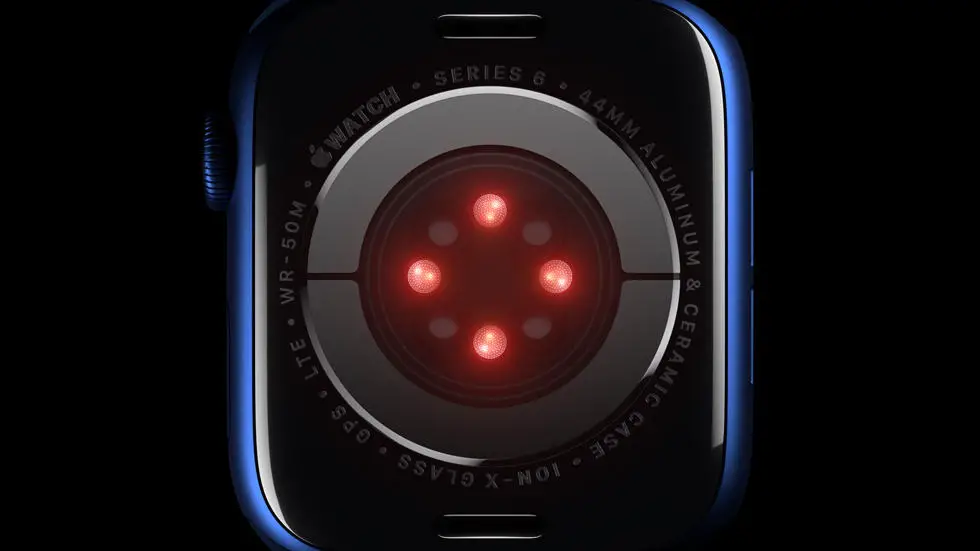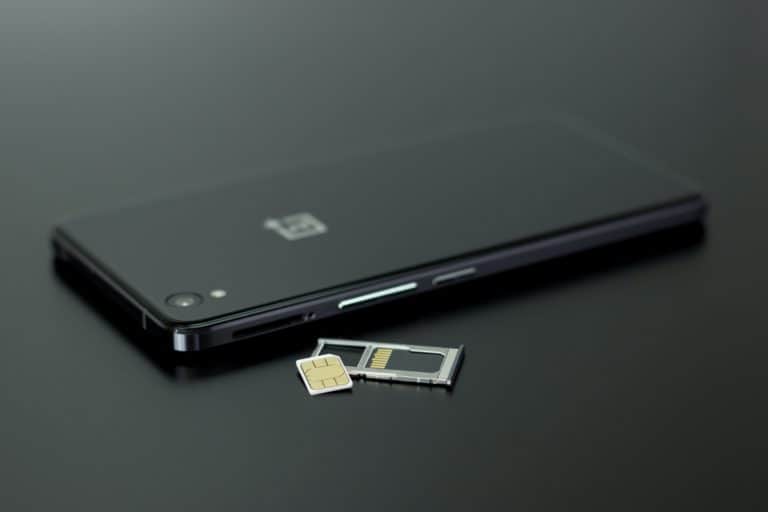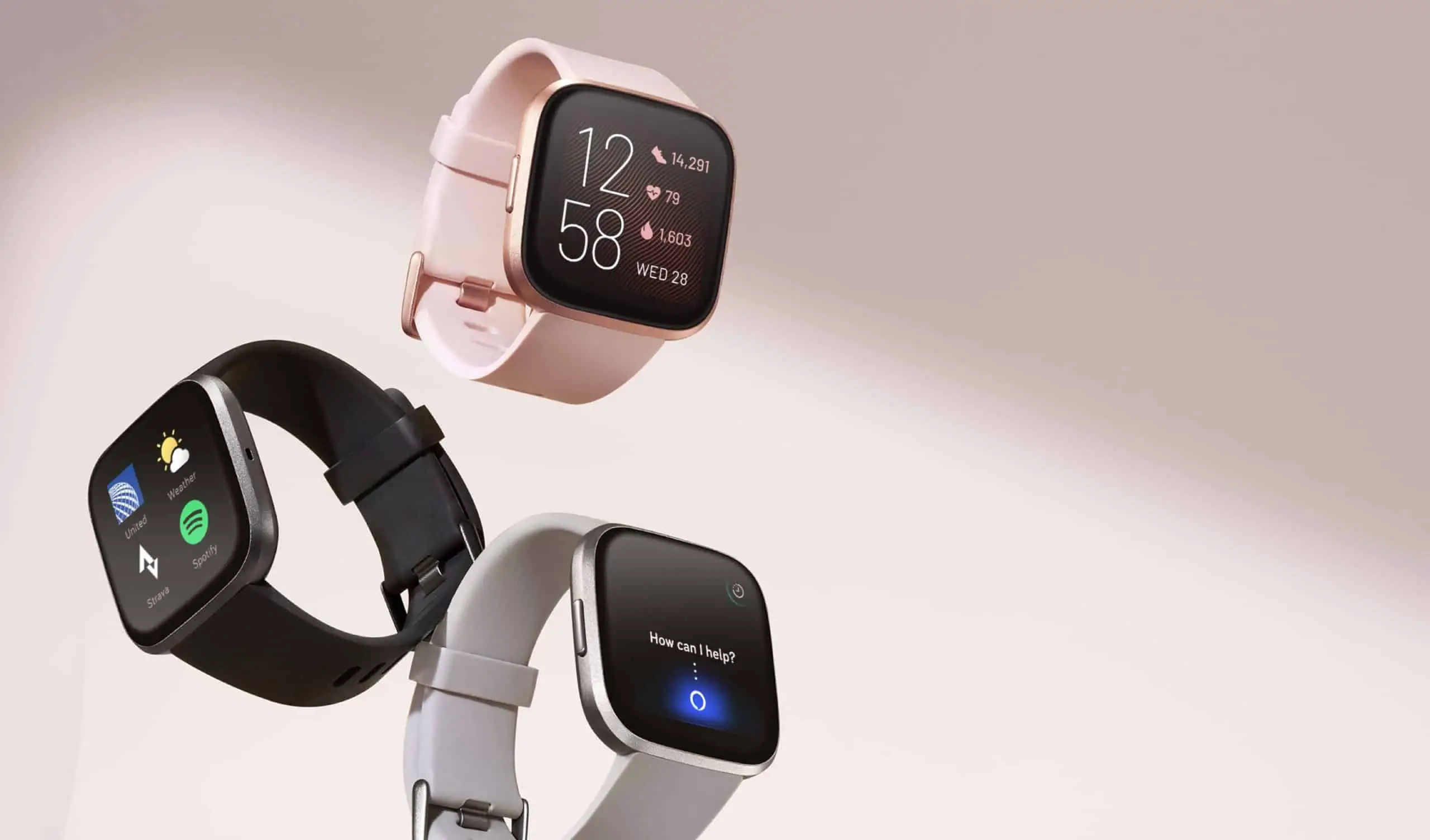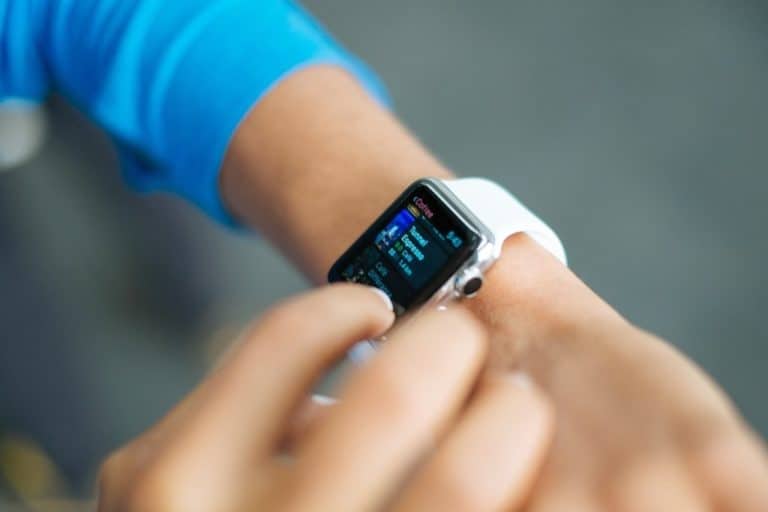In today’s culture, health and fitness are becoming essential, with 75% of Americans engaged in exercise and intentionally increasing their activity to maintain a healthy weight and physique. We’d all want to know how we’re doing for our health. That’s what can make you think of a non Bluetooth fitness tracker.
Fitness trackers, mostly via smartwatches but also through standalone tracker devices, have been introduced in recent years thanks to technological advances. Anyone serious about their health now wears a Bluetooth fitness tracker.
It is possible to gain a better sense of your daily activity or workout regimen with the help of these gadgets. It’s common for these fitness trackers to come with an app that takes data from the tracker, which sends data depending on the optimization features that you wish to use.
There are lots of fitness trackers that don’t need a Bluetooth connection. We’ll teach you how to choose the finest one for your requirements in this post. This post will also explore the pros and downsides of using a fitness tracker without Bluetooth. Those who wish to learn more may do so by continuing to read.
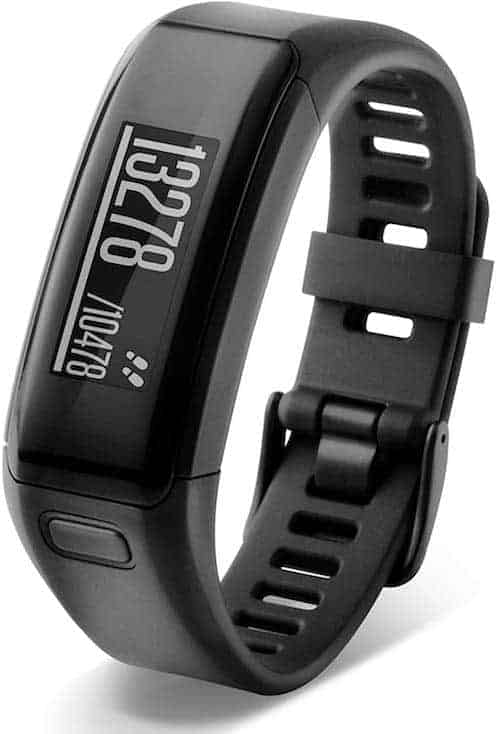
What Is A Non Bluetooth Fitness Tracker?
Non Bluetooth fitness trackers have, like their name suggests, no Bluetooth. Ergo, they may be used without a tablet or smartphone to keep track of your progress in the gym or throughout your daily workout. In addition, they don’t need an application. Due to the lack of functionality, they tend to be less expensive. There is no need to sync any data to your phone.
As with any other fitness watch, these little and basic wristbands may keep you motivated to exercise. There is just one difference: They don’t need to link with any other device. These devices do not have any Bluetooth connectivity.
As an alternative to many more intricate smart wristbands, they’re an incredible option. A Smart bracelet without Bluetooth is the way to go if you want simplicity. Using them keeps you away from your phone and eliminates the risk of a bad internet connection.
For time management and privacy concerns, they may be a terrific option. Your personal information will not be shared with any other applications or third parties, allowing you to have peace of mind.
An additional benefit is the simplicity of a fitness watch that doesn’t need a smartphone. Their simplicity conceals their functionality and their ability to boost your exercise motivation is undeniable.
There are a few that can save data for up to 30 days, but most of them reset the data to zero at midnight every day. While these devices aren’t quite cutting-edge, they may nonetheless provide a wonderful user experience based on your tastes and requirements. Because of this, they may be used by people of all ages, including the elderly and toddlers.
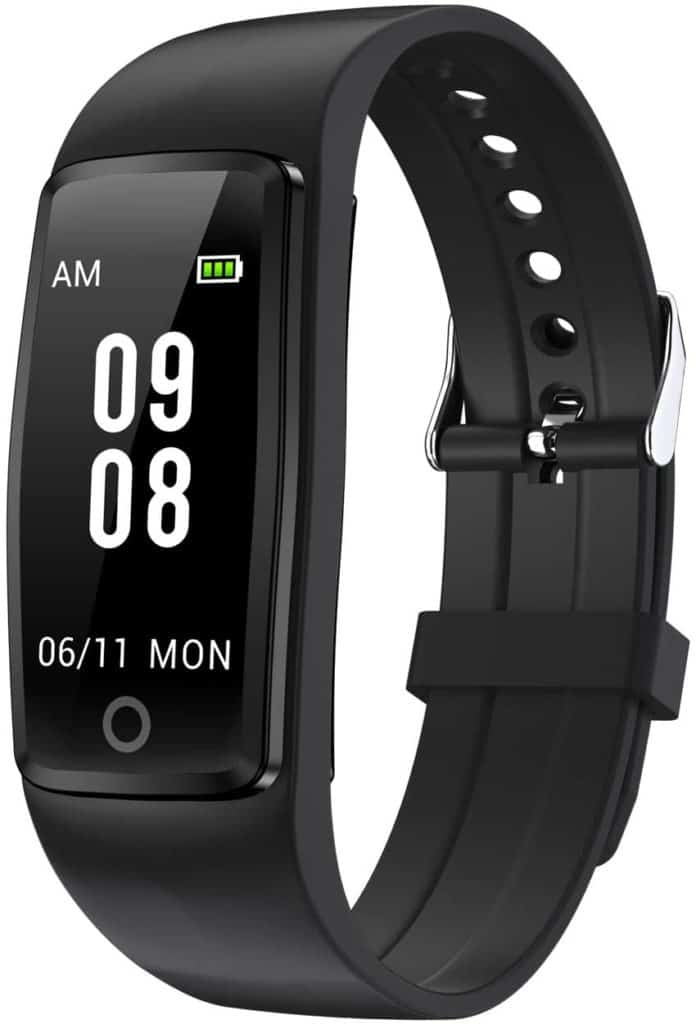
Benefits Of Non-Bluetooth Fitness Tracker
Non-Bluetooth fitness trackers provide many of the same advantages as Bluetooth fitness trackers. If you want to monitor your progress, you may utilize the watch screen to retrieve your data. They’re a terrific resource for anybody who needs a boost of motivation. But even if they’re basic, it is possible to get the most out of them
It’s nice not having to worry about the internet or Wi-Fi. It’s also simple: All you have to do is charge the customer. Some of them, however, have long battery life. In addition, you’ll be able to work out while collecting and analyzing your data if you put your phone aside.
You’ll be pleasantly surprised by how much they may contribute to the improvement of your situation. Here is a list of the pros of fitness trackers that don’t have Bluetooth:
• Affordable
In comparison to Bluetooth fitness trackers, they may be more affordable. The iGank fitness tracker, for example, can measure your daily activity, steps, walking distance, and calories using a 3D motion sensor that is now available for less than $15.00. As you may have guessed, many features have a cost. It’s good, though, if all you need is a simple fitness watch without any fancy features.
• Free From Annoying Settings
You do not need to link it to a tablet or smartphone to use it. In addition, there is no need to deal with any program settings, which might be time-consuming for certain people.
• Easy To Use
Everyone, including kids, can use them, making them accessible to everyone. It’s easy to use non-Bluetooth fitness trackers since they have one or two bottoms and just one button. Arrangements are not necessary. You merely need to plug it in and you’re ready to go!
• Does Not Give Off Radiation
Fitness trackers without Bluetooth are the best choice if you’re worried about exposure to harmful electromagnetic waves. Their negative effect on health is yet to be fully proven, but for now, we’ll put it as an advantage.
• Interchangeable Bands
There are watches with interchangeable bands that allow you to adjust the look of your timepiece to suit your mood.
• Help Increase Motivation
Many fitness monitors without Bluetooth count your daily steps or your overall activity. But they might still make you feel engaged and encouraged to continue going. To get a sense of how much exercise you’re doing, you may measure the length of your walk, the number of steps taken, or the number of calories burned.
• You Can Be Free From Your Smartphone Or Tablet
Wearing a non-Bluetooth fitness watch allows you to concentrate on your exercise without getting distracted by your smartphone or tablet. A wonderful method to avoid using your phone. Because you’ll be more active, your exercise will become essential. On the other hand, many trackers are ineffective if you don’t have a mobile phone nearby.
• Your Personal Information Will Be Safe
There is no need to submit your personal or health information to any third-party application since they do not need any device or application pairing.
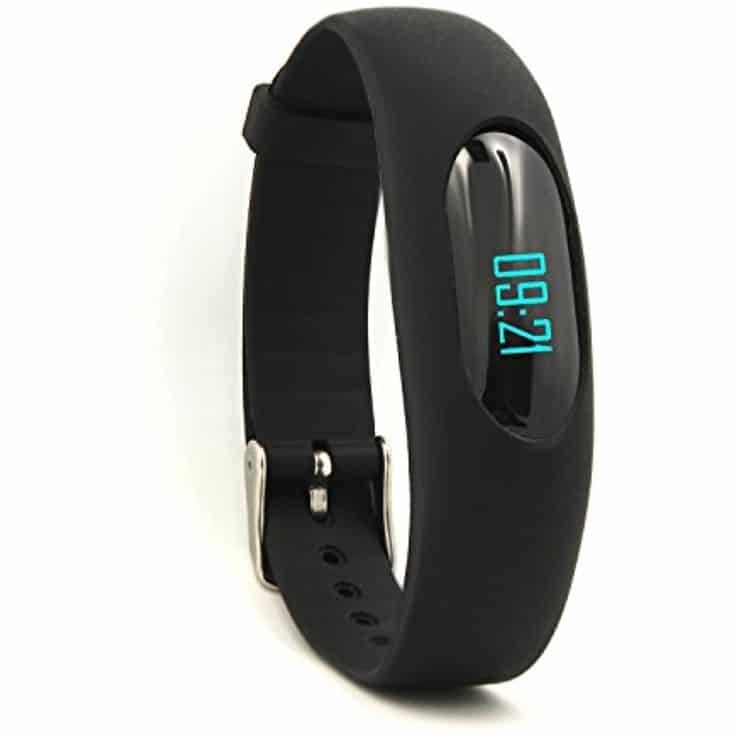
Why Are Fitness Trackers Dangerous?
Fitness trackers, which may wear as bracelets or watches, are designed to keep us constantly apprised of our fitness levels.
Trackers must be worn at all times, either on your wrist or in your pocket, to ensure that every movement is recorded. Most people are concerned about the safety of these fitness trackers, given that they must wear around the clock to provide a comprehensive picture of our health.
Because of this, some people are wary of Bluetooth fitness trackers. They are only interested in products that are safe for their bodies. Finally, after all, we’re attempting to improve our health, not get a sickness.
These trackers use a gyroscope, which measures your movement while you walk or exercise, to monitor your progress. Because a gyroscope emits no radiation, there is no danger to your health. As soon as they turn on Bluetooth communication to the app, they start generating electromagnetic fields (EMFs).
EMF Radiation And Health:
Health effects of EMF radiation include sadness, exhaustion, sleeplessness, cancer, tumors, and male infertility, to name a few. Some individuals are more vulnerable to this radiation than others, but additional study is required to discover the long-term health implications of long-term emf radiation exposure.
TVs, routers, computers, and mobile phones all emit electromagnetic radiation (EMF). EMF radiation is also emitted by Bluetooth devices.
The health effects of short-term exposure are questionable, but the dangers of long-term exposure are real. Wearing a fitness tracker with a Bluetooth connection might be seen as a risk to your health.
Of course, you’re probably asking yourself whether all fitness trackers utilize Bluetooth. But fear not: fitness trackers that don’t utilize Bluetooth don’t pose a threat to your health or fitness goals. For those who are concerned about radiation, there are fitness trackers on the market with an option to disconnect the Bluetooth connection.
How To Find Non Bluetooth Fitness Trackers?
It’s getting more and more common for fitness trackers to include built-in Bluetooth as time goes on, across a wider range of manufacturers. Trackers that don’t have Bluetooth are also becoming less widespread.
Bluetooth connection in fitness trackers isn’t something everyone desires, but most manufacturers may offer it regardless. Buying a tracker without a Bluetooth connection and doing some research on manufacturers that don’t utilize it seems like the most apparent option to prevent EMFs.
If you don’t want to bother with pairing and unpairing your fitness tracker with your smartphone, you still have many options with fitness trackers that don’t have Bluetooth. In addition, there are fitness trackers that come in many colors and styles, which may be of interest to those who aren’t interested in monitoring their physical activity.
Because fitness trackers without Bluetooth are generally less expensive than fitness trackers with Bluetooth built-in, you can purchase several trackers if you want to monitor various fitness activities or have a tracker for each day of the week!
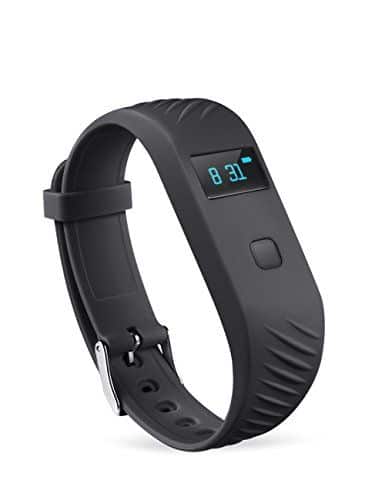
Do All Fitness Trackers Use Bluetooth?
Wearing a fitness tracker isn’t something you have to give up on. It’s worth noting that they have many real health advantages, including the fact that most of us could use a little more exercise.
The option to deactivate Bluetooth is available on a few fitness trackers currently on the market. A fitness tracker’s functionality may enjoy without putting your health in danger. Here are a few choices.
Garmin Vivosmart HR
An activity tracker with a built-in heart rate monitor, the Garmin Vivosmart HR retails for $80. Many smartwatches enable you to detach from the Bluetooth connection. An altimeter measures how many floors you’ve climbed, and vibration alerts urge you to keep active with step counters and calorie counters also included.
This device’s Bluetooth may turn off with ease as well. To open the settings menu, touch and hold the screen. In terms of electromagnetic radiation (EMF), the Vivosmart is an excellent choice. Additionally, you’ll have to activate Bluetooth for a short time each day to keep your watch in sync with the Garmin app.
Samsung Gear Fit Pro 2
With a starting price of $130, the Samsung Gear Fit Pro 2 is a great value. It has a heart rate monitor, step tracker, GPS tracking, and a long-lasting battery that makes it suitable for swimming. The best part is that Bluetooth can be fully disabled.
The settings window may access by swiping left from the home screen. To turn off Bluetooth, go to the Bluetooth settings page and uncheck the box. The Gear Fit Pro 2 has to be paired with your phone at least once a day, much like the Garmin Vivosmart.
Conclusion
Fitness trackers help people remain in shape and monitor their activity levels. Many of us live in a sedentary world and might need a daily reminder to get up and move. It’s a terrific concept in principle, but the same elements that make these trackers handy also put our health in danger.
EMF radiation may be hazardous to fertility, promote the formation of some malignancies, and be associated with a wide range of common health concerns even if the long-term consequences of Bluetooth exposure are not well understood. Keeping this in mind, it may be a good idea to limit your exposure.
You may protect yourself from the dangerous effects of EMF radiation by looking for fitness trackers that enable Bluetooth to be deactivated, or choosing a less feature-rich pedometer.
As more studies establish a relationship between electromagnetic fields (EMFs) and adverse health impacts, more manufacturers will provide users with the option of Bluetooth functionality or not.
The gadgets outlined in this article are an excellent option for those who want to keep track of their daily activities without putting themselves at risk.


